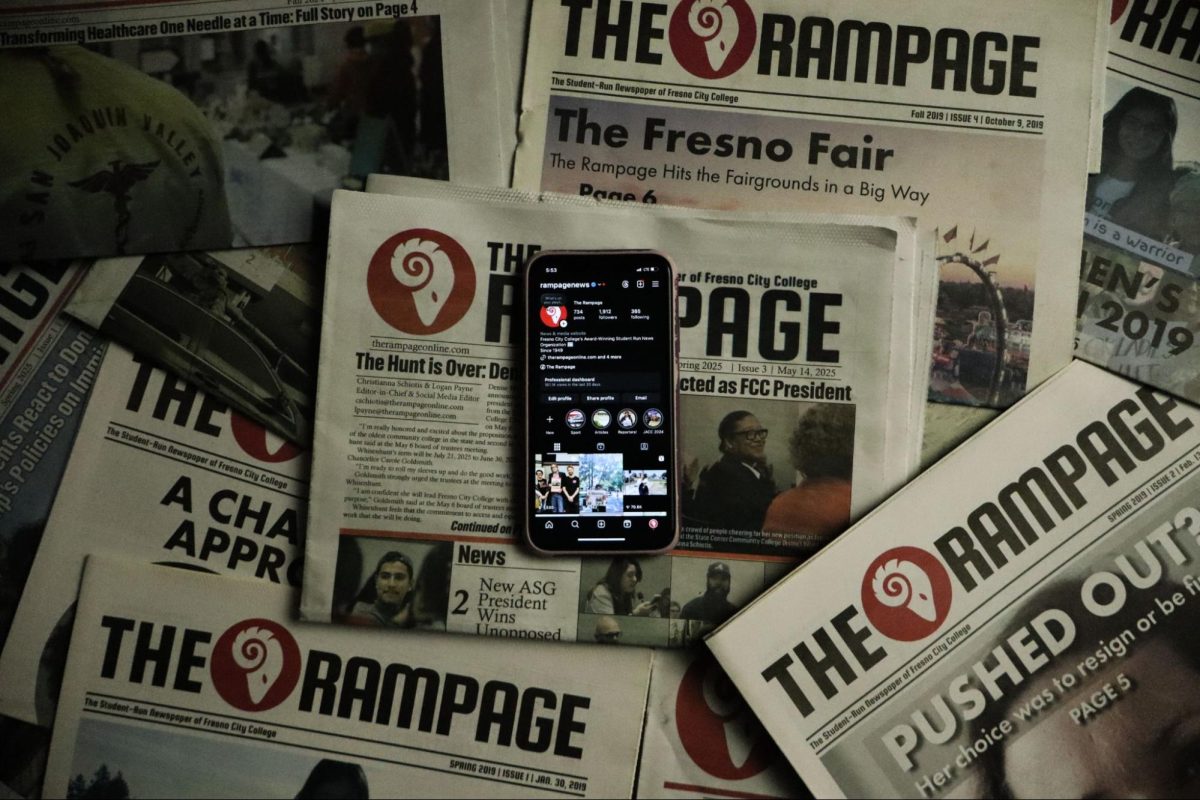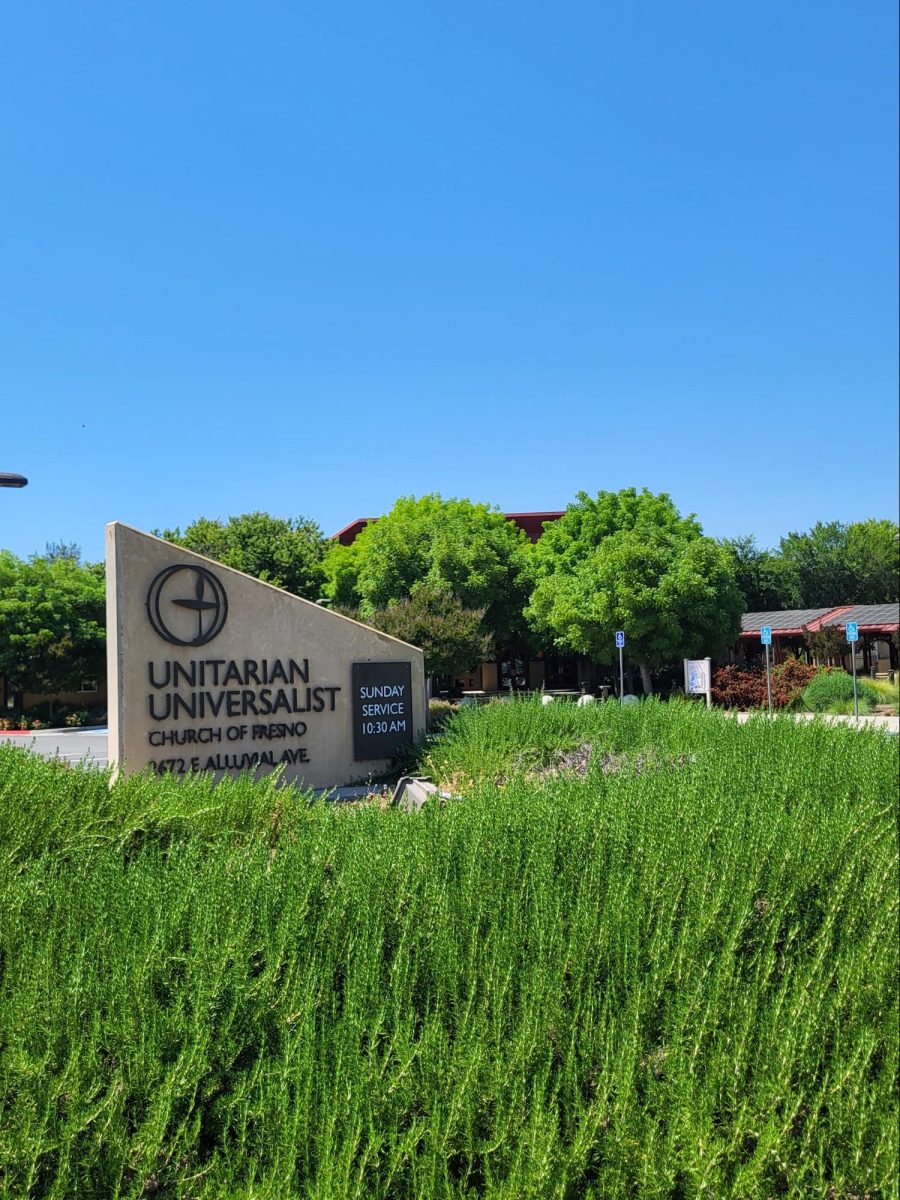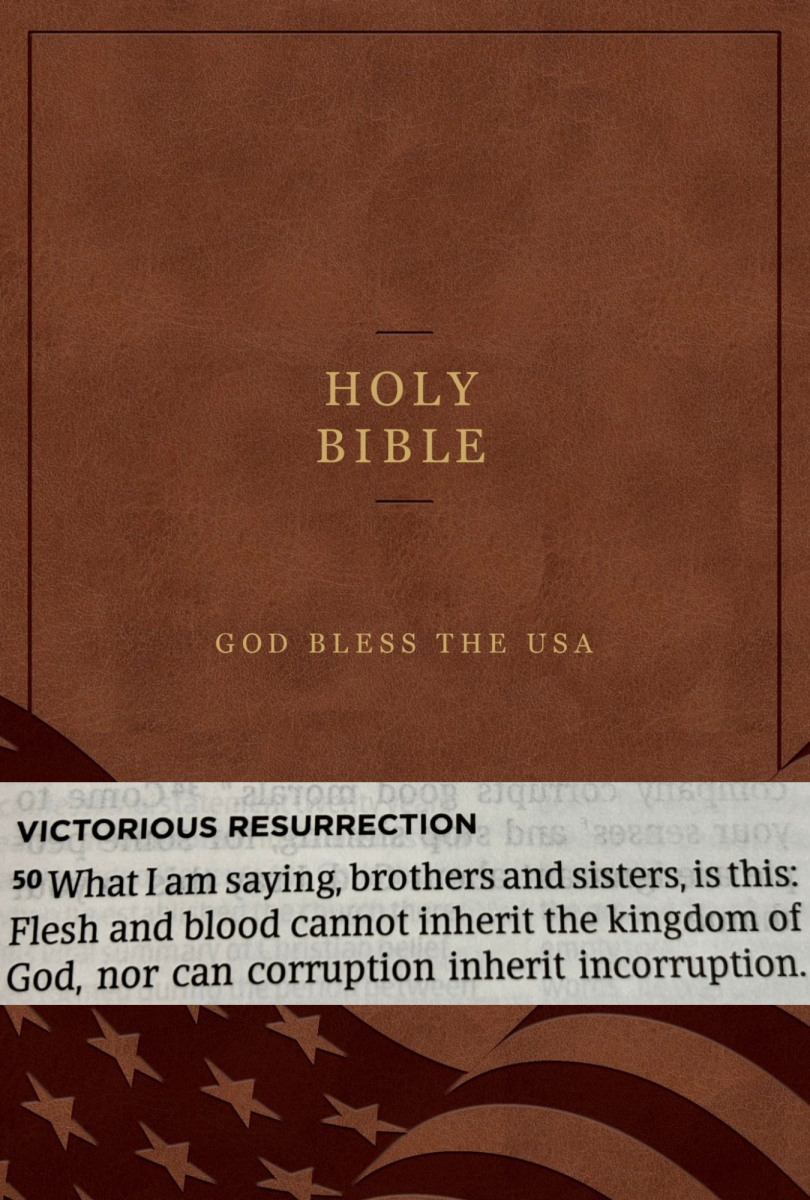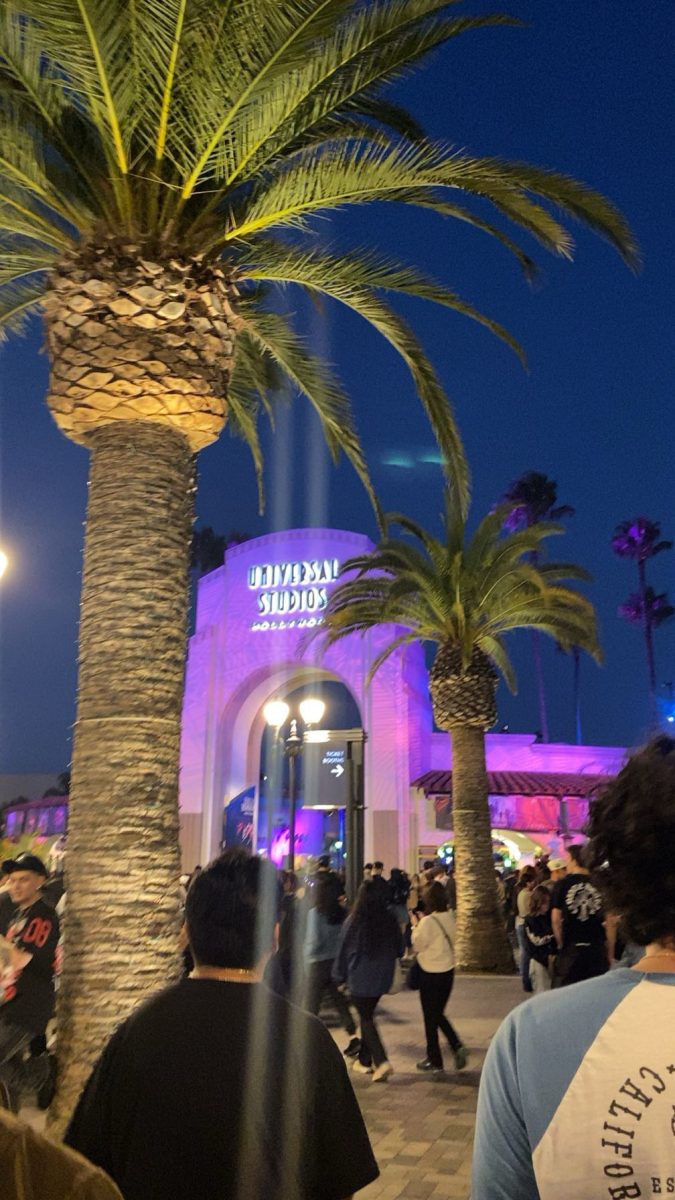For the last four years, I have served as a swim coach at Break the Barriers, a nonprofit organization which strives to eliminate all impediments faced by people of all ability levels.
It has in fact been a privilege, and my perspective of the world and culture has changed immensely. Unfortunately, not all my experiences have been for the better.
At Break the Barriers, no one discriminates between the abled and the disabled; we all have abilities and disabilities, and no one surpasses another. To my disappointment though, our philosophy has expanded only so far.
The First Amendment has guaranteed our nation the right to free speech, which I have always supported, but with exceptions. I have never condoned the use of racist and homophobic slurs or the recent integration of the word ‘retard’ into our vernacular.
I must admit I was very naive and ill-educated on the disabled community when I got the job, and as shameful as it may look, I was terrified, but I am more ashamed that it has taken me four years to recognize the ignorance and hatred that permeates our society.
Once a neutral term used to label individuals with intellectual and developmental disabilities, the infamous R-word is abused and used as a tool for mockery. This cruel slur ridicules a population of individuals who society view as inferior.
The word “retard” or “retarded” is not an active phrase in my vocabulary, and I argue that it shouldn’t be for anyone else.
Unfortunately, the term is used too widely, not to describe a medical condition but rather only as an insult.
An online survey released by the Special Olympics Global Collaborating Center to young people between the ages of 8-18 shows that 92 percent of youth has heard someone use the R-word. In addition, 86 percent reported they heard the word from friends or peers; 24 percent said they heard it in the media, and 20 percent admitted to using the word themselves.
Although it saddens me that so many people feel comfortable using the term, I am more disappointed that the R word is often said without thought or meaning; people throw it around as though it holds the same weight as our everyday adjectives and nouns.
I do not believe this word is any less derogatory or offensive than the “N” word when insulting an African American or the word “fag” when referencing a homosexual. If anything, I believe the phrase to be one of the most disrespectful ways to refer to an individual.
An estimated one American out of 35 is born with a mental handicap, approximately 3 percent of our population, yet we continue to treat these children and adults as though they are foreign.
The most disheartening aspect of the slur is not how many people use it or the lack of consideration put into the use of the word, it is the fact that there is nothing different about these individuals, except that their disability is more apparent than ours.
I am continually amazed by the remarkable families and individuals I meet, and I am fortunate and appreciative to have been given the opportunity to work with such extraordinary people.
Unfortunately, our culture has become so close-minded, that only so many people are willing to look past differences and accept individuals for who they are.
We all need to commit to removing all derogatory words from our vocabulary. Let’s start with banishing the R word.






